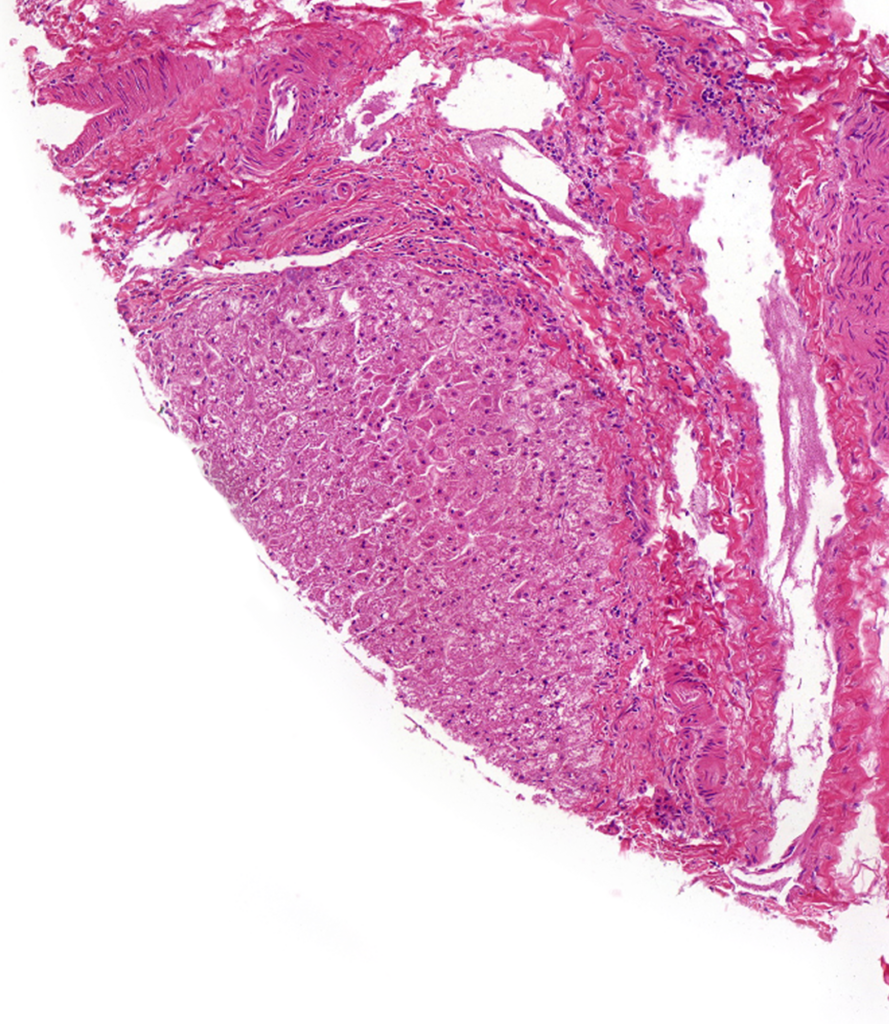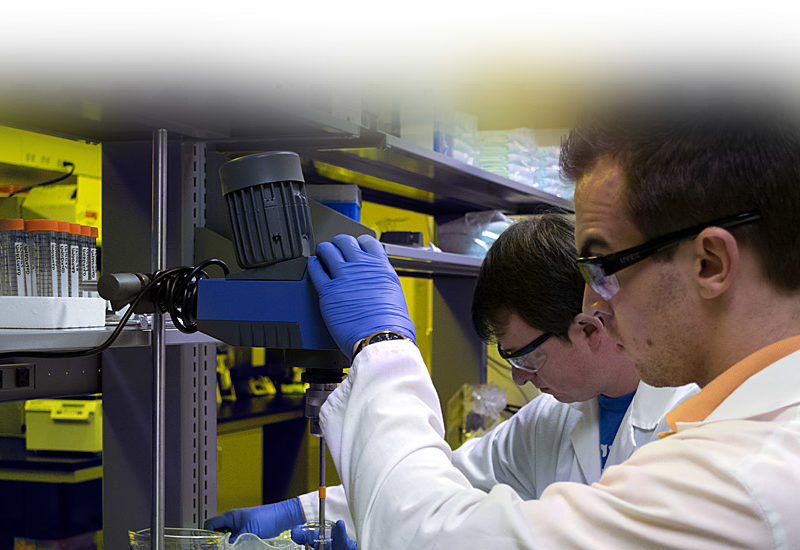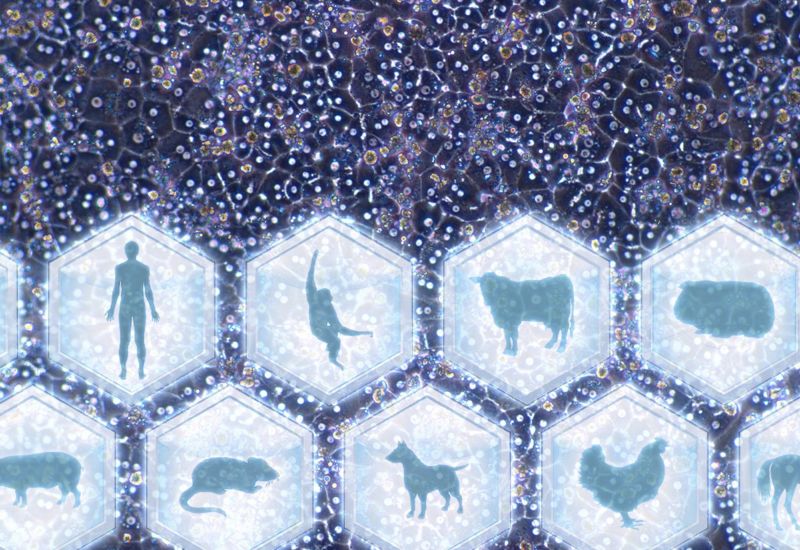Animal subcellular fractions, such as microsomes, S9, and cytosol, are used in preclinical drug development as in vitro test systems in assays predictive of in vivo behaviors and conditions. These assays specifically provide information on hepatic and extrahepatic metabolism of a drug compound as part of its ADME (absorption, distribution, metabolism, and excretion) profile or for species comparison to inform later definitive in vitro or in vivo ADME and drug-drug interaction (DDI) studies.

Non-Human Primate (Monkey) Subcellular Fractions for In Vitro Assays in Preclinical Drug Development
We offer pooled microsomes, cytosol, and S9 fractions isolated from liver, intestine, kidney, and lung tissue from Cynomolgus and liver subcellular fractions from Rhesus monkey. Other custom preparations of monkey tissue may be available upon request.
Liver
We offer pooled hepatic subcellular fractions isolated from Cynomolgus and Rhesus monkey liver tissue. Options include matching microsomal, S9, and cytosolic fractions from male or female donor pools to minimize variability. We also offer monkey liver microsomes treated with prototypical inducers for use as a positive control in ex vivo enzyme induction studies or metabolism studies.
Intestine
We offer pooled enteric subcellular fractions isolated from male Cynomolgus monkey intestinal tissue. Options include matching microsomal, S9, and cytosolic fractions prepared with or without PMSF.
Kidney
We offer pooled renal subcellular fractions isolated from male Cynomolgus monkey kidney tissue. Options include matching microsomal, S9, and cytosolic fractions to minimize variability.
Lung
We offer pooled pulmonary subcellular fractions isolated from male Cynomolgus monkey lung tissue. Options include matching microsomal, S9, and cytosolic fractions to minimize variability.
Make sure your microsomes and S9 fractions are properly activated
For best results from assays using microsomes and S9 fractions, we recommend using NADPH regeneration to support high metabolism levels by ensuring that the NADPH levels are not a limiting factor in your incubations. Our preferred system, RapidStartTM, uses an enzymatic reaction that converts NADP to NADPH, which is then used as a cofactor by CYPs and oxidized back to NADP, and the cycle continues ensuring stable NADPH levels throughout the incubation. RapidStartTM NADPH regeneration is easily activated by simply adding water. Our easy-to-use formula is the most convenient and flexible NADPH regenerating system you’ll find, allowing users to easily tailor the system’s capability by simply varying the amount of water added. RapidStartTM is perfect for long- and short-term incubations and supports the function of recombinant enzymes and subcellular fractions, allowing you to achieve the most accurate and reliable data during your in vitro assays.
Don’t see what you need? Other preparations can be made available!
If you require subcellular fractions not available through our standard product offerings, custom preparations can be easily ordered to meet the specific needs of any study. Our designated Custom Products team regularly isolates and prepares subcellular fractions from more than 45 different species and has capabilities to meet needs unavailable through most vendors– non-standard rodent strains, farm animals, insects, precarious tissue isolations such as adrenal gland or jejunum– with over 40 characterization assays available to ensure adequate activity for data collection. See all of our Custom Preparations capabilities or get in touch with a specialist to find out how we can help.

